Celebrating Women in Leadership Across the Globe - Episode 17
IFAD Asset Request Portlet
Asset Publisher
Celebrating Women in Leadership Across the Globe - Episode 17
23 February 2021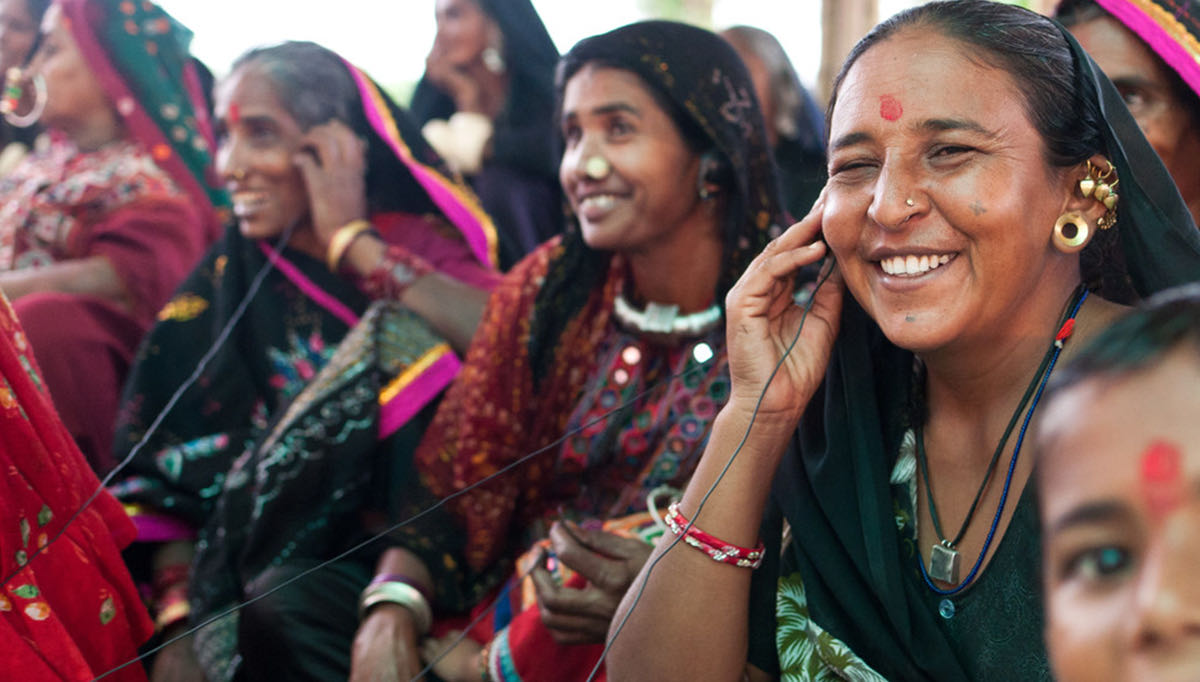
In this episode, we celebrate International Women’s Day (IWD), a global day of observance that celebrates the social, economic, cultural and political achievements of women.
The theme of this year’s IWD is Choose to Challenge. Creating an inclusive and equitable world asks all of us both to challenge instances of gender inequity when they arise and to celebrate women’s successes around the world.
This month, we spoke to women leaders from across the globe whose work promotes social and cultural justice on a wide range of issues. Each of our conversations with our guests had the Choose to Challenge ideals in mind.
First, Marie Haga gives us the latest on IFAD’s response to the COVID-19 crisis. Next, gender specialist Ndaya Beltchika talks to us about the need for more women in leadership in rural communities. We also hear from Judy Ling Wong, founder of the Black Environment Network.
Liza Leclerc updates us on the ASAP+ programme. We then talk small and medium agricultural enterprises with Bettina Prato, and we share news from women working in agriculture in Brazil and Colombia. Finally, we have a special report from Nepal on how its farming communities are dealing with COVID-19 and climate change.
Don’t forget to celebrate International Women’s Day on 8 March – and remember, we encourage you to #choosetochallenge!
Episode Contents
- Checking in with Marie Haga
- Ndaya Beltchika on the challenges facing rural women
- Three decades of environmental justice with Judy Ling Wong
- The latest on ASAP+ with Liza Leclerc
- Financing for small and medium ag businesses with Bettina Prato
- ACUA Women Leaders: Nayibe Angulo
- A look at Brazilian farming cooperatives with Denise Cardoso
- Tarek Kotb with IFAD’s COVID-19 response in Nepal
- Summing Up
Checking in with Marie Haga
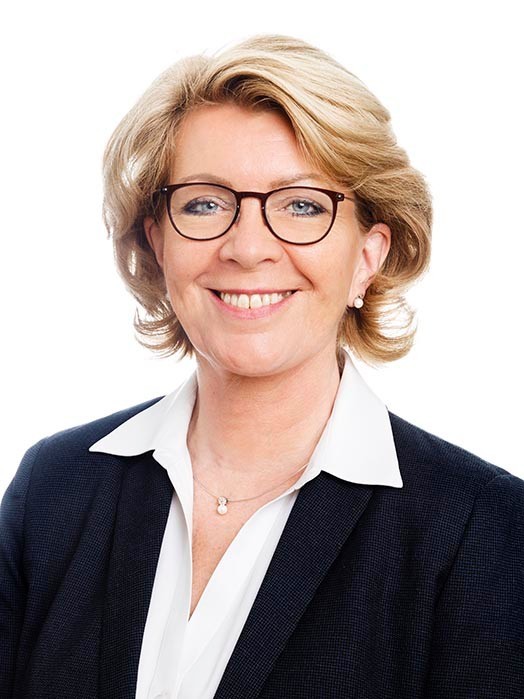 |
| Marie Haga, Associate Vice-President for IFAD |
The COVID-19 crisis has been with us for more than a year, and conversations about its impact are still ongoing. In fact, the pandemic was a major topic of discussion at this month’s Indigenous Peoples Forum.
Marie Haga, Associate Vice-President for IFAD, was at the Forum. We caught up with her to hear all about the event and to get the latest on IFAD’s response to the pandemic.
And, as with all of our guests this month, we asked her how she was Choosing to Challenge.
Ndaya Beltchika on the challenges facing rural women
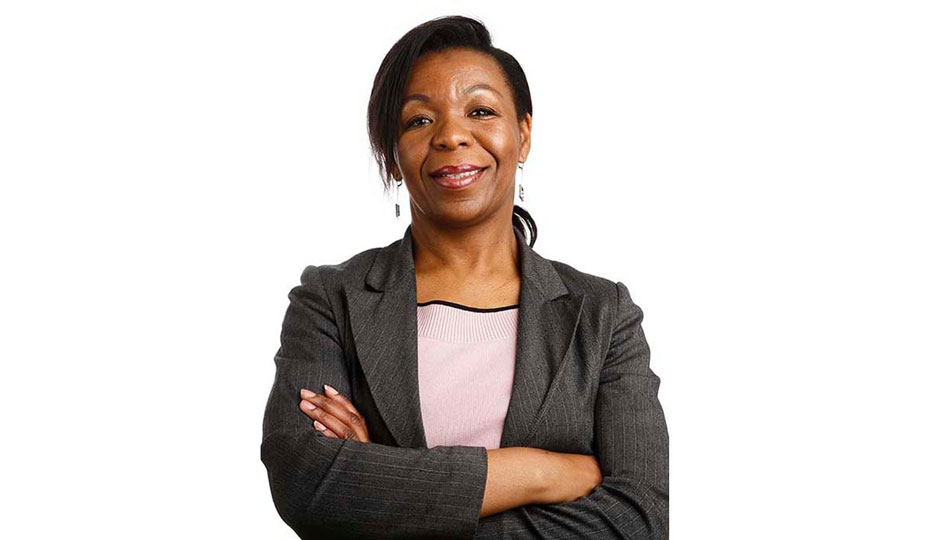 |
| Ndaya Beltchika, IFAD’s Lead Technical Specialist on Gender and Social Inclusion |
Ndaya Beltchika is no stranger to the challenges faced by the 1.7 billion women and girls who live in rural areas all over the world. As IFAD’s leading expert on gender equality and social inclusion, she knows that many of them, especially those living in developing countries, lack access to the same resources their male colleagues and family members can enjoy. And the COVID-19 pandemic has only complicated matters.
We spoke with Ndaya about how these women and girls have been affected by the challenges the past year has brought.
Three decades of environmental justice with Judy Ling Wong
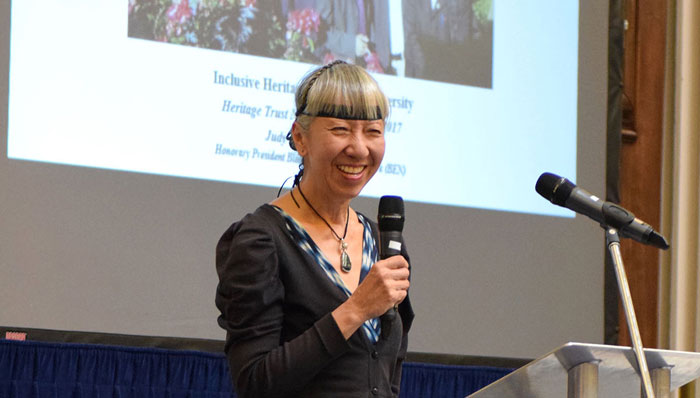 |
| Judy Ling Wong, founder of the Black Environment Network |
Judy Ling Wong is a pioneer in the field of environmental justice. A tireless advocate for social inclusion, she’s been working for decades to encourage various ethnic communities to get involved with environmental causes.
She’s also the founder and Honorary President of the UK’s Black Environment Network, which began over 30 years ago.
We spoke with her about the intersection of race and climate justice, especially as it relates to small-scale farmers in developing countries.
The latest on ASAP+ with Liza Leclerc
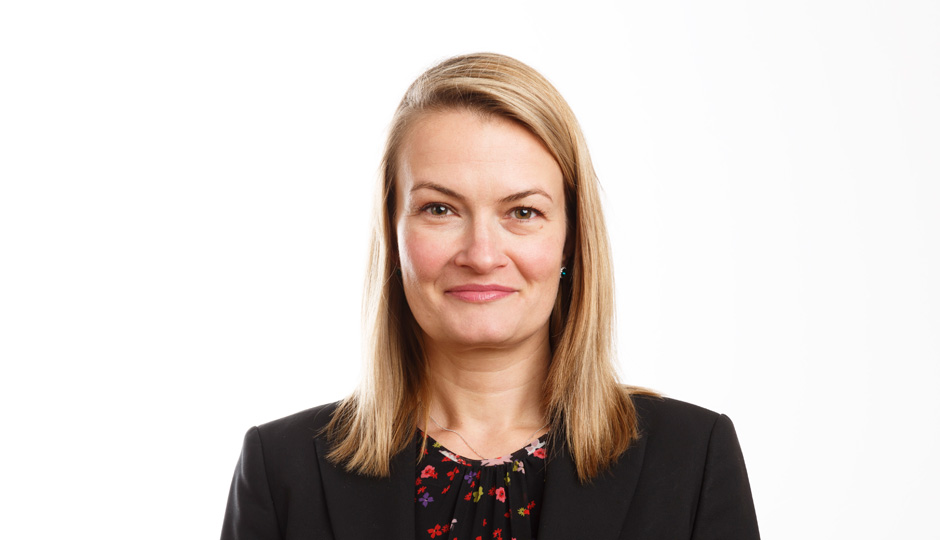 |
| Liza Leclerc, Lead Technical Specialist for IFAD’s Environment, Climate, Gender and Social Inclusion Division |
After its launch in 2012, IFAD’s ASAP programme quickly became the world’s largest fund dedicated to helping small-scale farmers in developing countries adapt to the impacts of climate change.
Now, the ASAP+ programme is poised to achieve even greater impacts. This evolution of ASAP builds on IFAD’s decades of expertise, plus the successes and lessons learned from ASAP’s first two phases.
We spoke with Liza Leclerc, the lead technical specialist and mastermind behind this programme, to learn more.
Financing for small and medium ag businesses with Bettina Prato
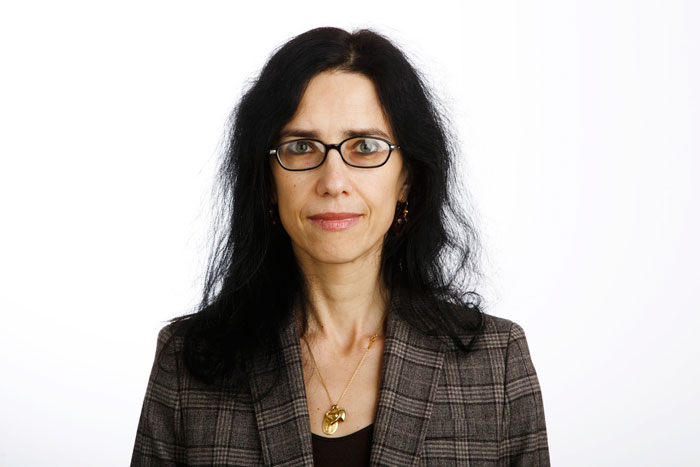 |
| Bettina Prato, IFAD’s Senior Coordinator for SAFIN |
IFAD’s SAFIN network brings together actors from many different sectors who are committed to improving small and medium-sized agricultural businesses’ access to financial services.
From their different vantage points, these institutions work to bridge the investment gap in agriculture and food systems by financially empowering these businesses and their smallholder investors.
We spoke with Bettina Prato, founder of SAFIN, to hear more about it.
ACUA Women Leaders: Nayibe Angulo
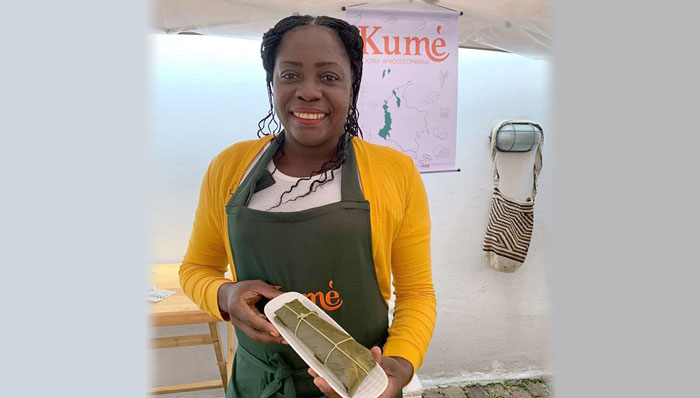 |
| Nayibe Angulo, nutrition expert from Colombia |
We’re pleased to bring you the second installment of our miniseries on women leaders in the ACUA Foundation, an organization supporting Afro-descendant communities throughout Latin America.
This month, our reporter Rosie González spoke with nutrition expert Nayibe Angulo of Colombia.
We first heard from Nayibe in Episode 14, where she told us about her work with the Kumé initiative to help farmers sell their organic products. This month, the talk turns to nutrition and food systems.
A look at Brazilian farming cooperatives with Denise Cardoso
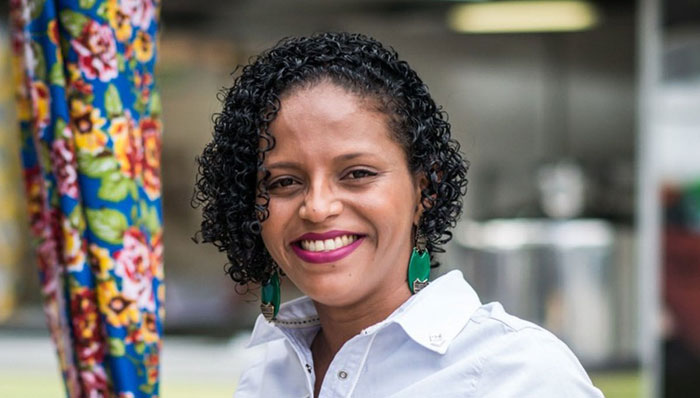 |
| Denise Cardoso, President of COOPERCUC |
It’s hard to make a living in Uauá, a small town in the heart of Brazil’s northern state of Bahia. Rain was always scarce and now, due to climate change, is unpredictable. By now, many of its residents have migrated to Rio de Janeiro or São Paulo – but some have stayed. For them, cooperatives like Coopercuc are a key part of their resilience and determination.
Such is the case for Denise Cardoso. Having grown up with Coopercuc, she has a lot of experience with running farming organizations. Now, at 31 years old, she’s the president of this 270-member-strong organization (70 per cent of whose members are women).
Our reporter Juan Ignacio Carrasbal caught up with Denise to learn more about the cooperative and the challenges facing her and other rural women.
Tarek Kotb with IFAD’s COVID-19 response in Nepal
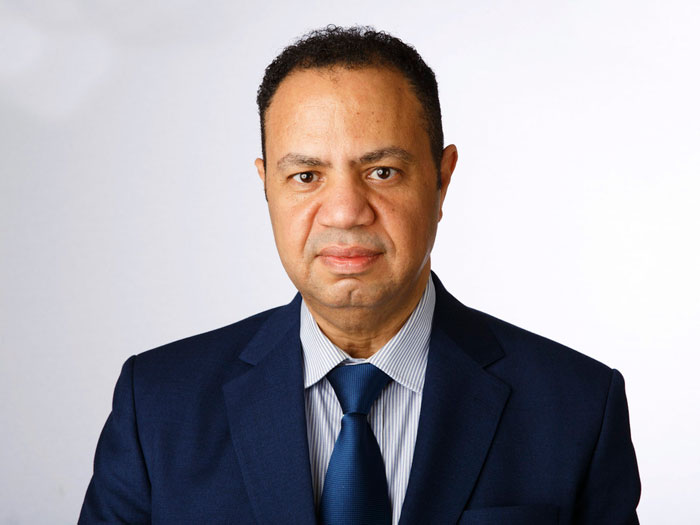 |
| Tarek Kotb, IFAD’s Country Director for Nepal and Sri Lanka |
Nepal was the first country in South-East Asia to record a case of COVID-19, back in early January of last year. Travel bans and a countrywide lockdown soon followed. Though necessary to curb the spread of the pandemic, these measures have had severe consequences for the country’s agriculture sector. Remittances from abroad, a key source of income for Nepal’s rural populations, have also been reduced.
To find out how IFAD has responded to this challenge, our reporter Irshad Khan spoke with Tarek Kotb, Country Director for Nepal and Sri Lanka.
Summing Up
Thanks to our producer Francesco Manetti, to our reporters Rosie González, Margaret Goring, Juan Ignacio Carrasbal, and Irshad Khan, and to everyone else who’s worked on this programme – but most of all, thanks to you for listening to this episode of Farms. Food. Future., brought to you by the International Fund for Agricultural Development.
Remember, we want to hear from you – what you think about our stories and issues discussed, and who you want us to be talking to – so please get in touch with us at [email protected]. Send us your voice or text messages to that address and we’ll be happy to play you out in the next show.
Also don’t forget to subscribe to this podcast via your favourite podcast platform – and please rate us.
We will be back at the end of March with more news fresh from the farm.
Once again, we’ll be trying to be Good for You, Good for the Planet and Good for the Farmers.
Until then, from Brian Thomson and the team here at IFAD – thanks for listening.